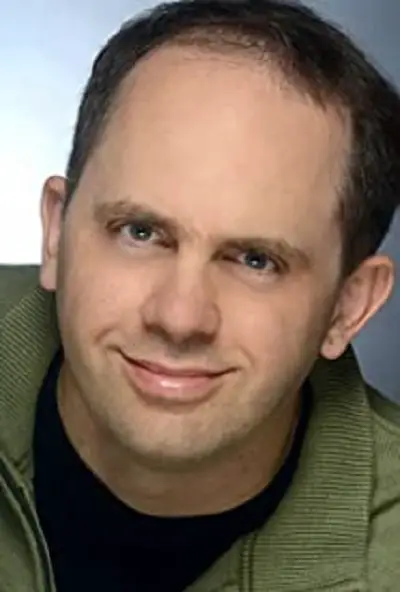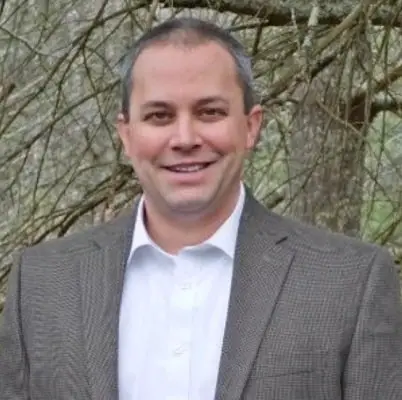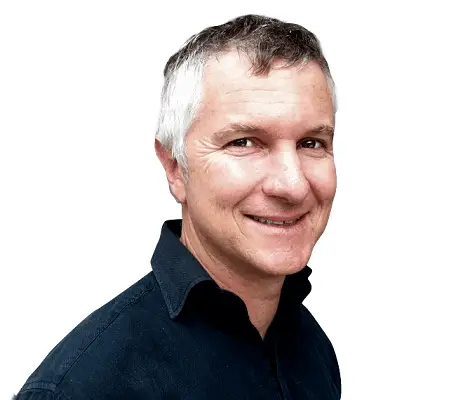Day in the life of
Physician-Scientist-Bioinformatician – J. Wes Ulm, MD, PhD

My work life as a doctor-researcher-bioinformatician is always an adventure and rarely predictable; if there’s one thing I can say for certain, it’s that it always keeps me on my toes! I completed a joint MD/PhD degree at Harvard Medical School and MIT under a fellowship by the NIH MSTP (Medical Scientist Training Program) which is essentially a long-winded way of saying that I balance responsibilities as a physician (or clinical consultant), medical researcher, analyst, and technical writer in proportions that vary day-by-day, week-by-week.
My work schedule is essentially task-focused, and I’ll be recruited for projects depending on prioritization in a way that makes use of my unusual interdisciplinary skillset. Thus I might be called upon for medical consultation one week when that’s mission-critical (for example in the context of treating rare diseases, for which I did my specialist training or pandemic preparation). Then in another week, I’ll pivot into research opportunities in drug development when my expertise in gene therapy or computational biology can lend a hand. Or I might be knee-deep in bioinformatics analysis when my skills and talents in machine learning or advanced scientific programming can be instrumental in processing a new ocean of data pouring in. That’s simply “the world of the physician-scientist,” as my mentors at Harvard Med dubbed it when I was selected for the dual-doctoral degree track and scholarship.
Pros
I’d say the most significant of the pros for this sort of work life are indicated in the very text above — it’s constantly interesting and intriguing, and there’s an ongoing opportunity to have a major impact in the ideas we can translate into action. That’s particularly so in the protean, fluid realm of “translational medicine,” which describes one of our primary roles: translating promising, often discursive basic research into tangible systems and products that enhance human health. In part because of the multi-disciplinary nature of an MD/PhD, one of my key mentors in med school gave advice to my colleagues and me that our guiding principle should be to start each day, week, and month with a simple question: “Where can I apply my mix of skills to make the most difference?” We’re spurred to be ambitious, entrepreneurial, and even to leap onto moonshot projects when they spring up; our weird and wonderful skill set puts us in a position to push envelopes, and be innovative and disruptive in a way that will have world-altering contributions. As a bonus, I’m also able to meet and work with some of the coolest, most talented people in the world in many walks of life. In part thanks to these connections and their encouragement of my own creative side, I’m also a popular professional musician (founder of the alt-rock band Kant’s Konundrum) and published novelist.
Cons
And the cons? Among the downsides, this sort of work life and lifestyle can be unpredictable, exhausting, and grueling at times — the flip side of the very coin that makes it so rich with intrigue and novelty. As my girlfriend has dryly noted, when planning out our schedules for the weeks and months ahead, she might as well pin my calendar to a board and toss random darts to figure out where or when I’ll be at any given point. This naturally can make things tough for relationships and a social life in general. It can also be hazardous, depending on what I’m specifically doing. I’ve contracted some devastating respiratory conditions while working as a physician that entailed an arduous recovery, and I’m constantly at risk of such dangers given that part of my job involves being on the frontlines of discovery, surveillance, and treatment of human disease, with all the uncertainties that entails. It’s a balancing act, like so many other things in the world, and sometimes things fall out of balance with so many moving parts. But the novelty and constant prospect for discovery ensure there’s never a dull moment.
Bioinformatics Scientists
conduct research using bioinformatics theory and methods in areas such as pharmaceuticals, medical technology, biotechnology, computational biology, proteomics, computer information science, biology and medical informatics. May design databases and develop algorithms for processing and analyzing genomic information, or other biological information.



.jpg)